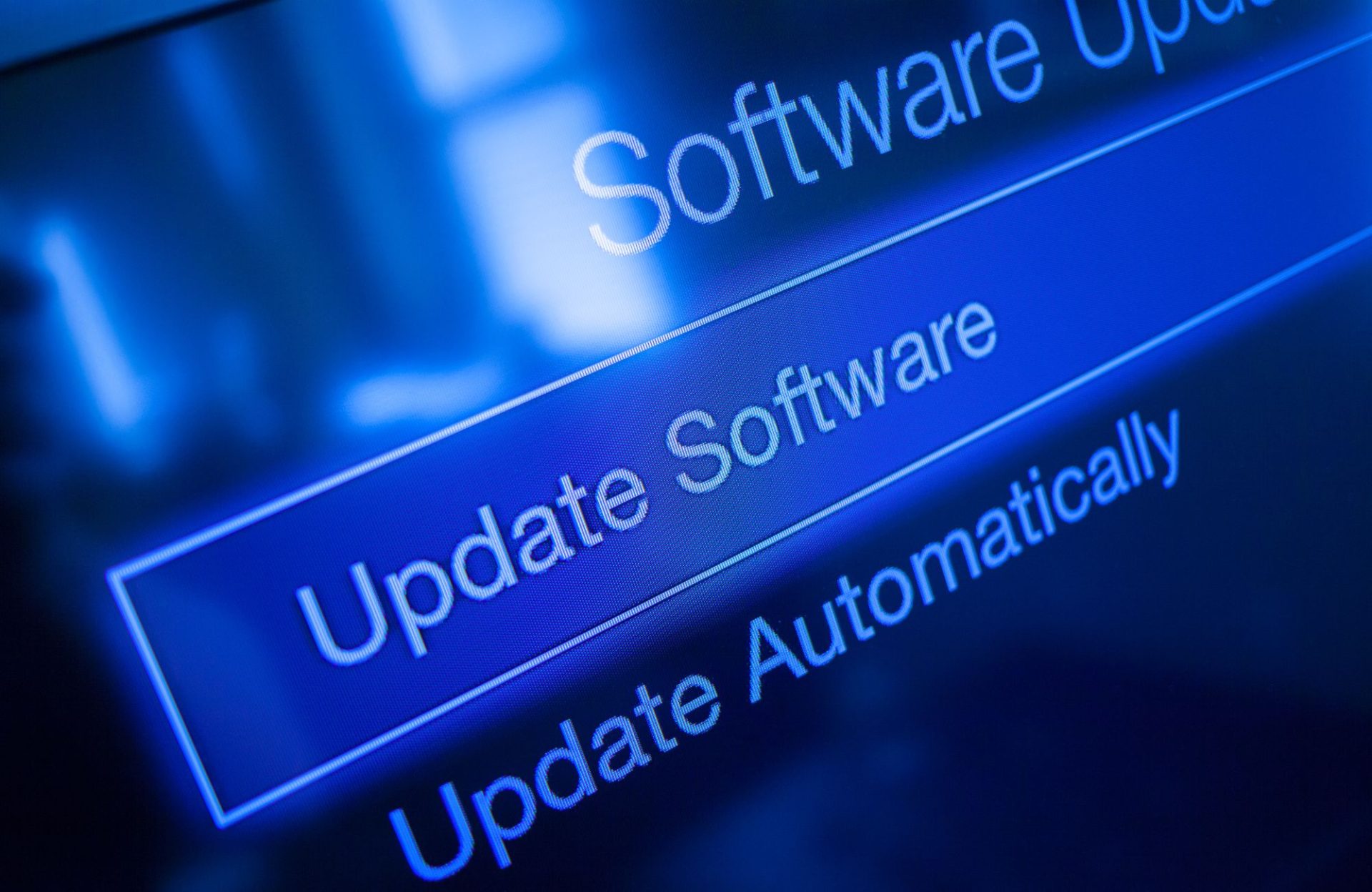Whew, it’s hot out there! With temperatures around the country hitting record highs, air conditioners are operating at home and in our workspaces to provide comfortable environments. The US Energy Information Administration (EIA) projects that the energy used for air conditioning will increase more than any other energy end-use for residential and commercial buildings through 2050. It is important to understand energy efficiency solutions to minimize the increased demand. As we endure the hottest months of the year, preserving the indoor environment and keeping conditioned air in the building is critical to saving on energy.
The US Department of Energy (DOE) publishes some simple tips to conserve energy during these peak times. Some of these simple techniques are intuitive and may already be implemented in your building, but read on to learn if there are opportunities unexplored in your facility.
- Window treatments. Windows are a big source of heat gain during the day. Install window coverings to keep out the heat.
- Thermostat settings. Set your thermostat at a comfortable temperature that will provide humidity control but not cause occupants to put on a sweater. A programmable thermostat will allow you to lower the temperature when the space is occupied and raise it when it is not. Lowering the temperature drastically will not cool the space any faster than setting it at a normal setting, but can strain your system and result in unnecessary expense. The same is true for adjusting the setting too often in response to individual comfort levels. Keep heat-producing lamps and appliances away from the thermostat to avoid falsely triggering the system to come on.
- Ventilation. Use fans to cool occupants but turn them off when the space is not in use to save energy. Fans are a better solution to individual comfort levels than adjusting the thermostat. Spot ventilation is helpful to quickly vent heated air in bathrooms and kitchens. Spot ventilation can also mitigate the heat from computing equipment.
- System maintenance. Keeping the HVAC system operation at its optimum level requires regular maintenance. Schedule tune-ups before the unit breaks down. Keep intake vents clean and dust-free. Ensure that vents are not blocked by furniture.
- Lighting. Some light fixtures can produce a surprising amount of heat. Inspect your lighting and explore bulbs that operate at cooler temperatures. Use daylight from windows to reduce use of lighting fixtures.
- Air leakage. Sealing cracks and openings to prevent the warm air from entering spaces makes sense. Inspect weather stripping around doors and windows for wear and tear.
- Water heating. Since the air is warmer, consider lowering the hot water temperature to save energy. Technology has come a long way for water heating and if your unit is elderly, it is worth exploring upgrading because the ROI may be better than you think.
These are simple strategies to assist in energy savings and are only the tip of the iceberg. There are many ways that an experienced consultant like Albireo can assist you to develop effective and cost-efficient strategies to lower the energy consumption associated with the hot summer days.






